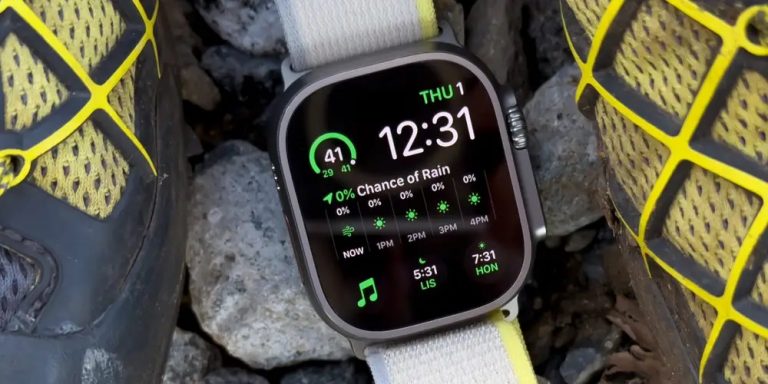
In 2,000 years of economic history, no nation has developed without property rights. Specifically for the United States, if you look at their GDP, you will notice that wealth and the accumulation of it began at scale just after Samuel Hopkins was awarded the first patent in 1790. As I have written before, that patent was crucial in enabling merchants who were the cash-rich guys in town to invest in the inventors who had ideas, but limited capital, knowing that a mechanism was available to protect their investments. Why invest $1 billion to develop a drug only for your competitor to copy the whole thing without consequences?
America does not play with that system and that is why Apple has been banned from importing some versions of its watches into the United States: “In a legal dispute between Apple, the tech giant, and Masimo, a medical monitoring technology company, Apple has lodged an appeal on Tuesday contesting the ruling that prohibits the import of specific Apple Watches. This decision came after President Biden opted not to veto the tribunal’s verdict. The ban was initiated based on a complaint lodged by Masimo, accusing Apple of infringing upon its pulse oximetry technology”.
Yes, a really small company can take up Apple and have this outcome. Contrast that with the experiences of many people across the developing world. I have one to share: during the NYSC in Jos, I used Microsoft Access to create an inventory management solution. I took it to Panshin Street (they sell electronics and IT things there) in the Terminus Market.
Register for Tekedia Mini-MBA edition 19 (Feb 9 – May 2, 2026): big discounts for early bird.
Tekedia AI in Business Masterclass opens registrations.
Join Tekedia Capital Syndicate and co-invest in great global startups.
Register for Tekedia AI Lab: From Technical Design to Deployment (next edition begins Jan 24 2026).
I sold some CDs and when I came back to supply more, the traders had created many from the few they bought. I complained to a nearby Police officer about the “theft”; he pointed out to me that they were also doing the same on Microsoft Office, Windows, etc and that Ajuwaya should chill. Simply, Nigeria did not protect my small vision, and it faded.
Good People, there are many reasons why some nations advance while others struggle: what Apple is going through now is one of the reasons why even Apple itself is successful since no other company can come and rip off its ideas!
In 2,000 years of economic history, no nation has developed without property rights. Specifically for the United States, if you look at their GDP, you will notice that wealth and the accumulation of it began at scale just after Samuel Hopkins was awarded the first patent in 1790.… pic.twitter.com/ZfVhALLta2
— Ndubuisi Ekekwe (@ndekekwe) December 27, 2023
Let me attempt to answer: the world was changed on July 31, 1790 when Samuel Hopkins was awarded the first United States patent. In my 2009 book – Nanotechnology and Microelectronics – which received 2010 IGI Global Book of the Year award, I explained that the patent system with the broad intellectual property rights could be considered one of the greatest policy innovations in economic history. With the regulations in the books, merchants who had the money but preferred to put them in pillows started looking for scientists and inventors with good ideas they could make money on.
Now those “financially poor” inventors and scientists would suddenly have funds to improve their works, and then make them relevant for the markets by solving people’s problems. Before the patent system, merchants kept their monies, as there was no drive to spend money, to take an idea on a lab shelf to the market, only for your neighbor to copy it for no consequence. But with the exclusivity period the patent law offers, they knew they could recover any investment before the patent expires. Magically, money flowed and inventors advanced and the world became better. Simply, the world became innovative:
---
Connect via my
LinkedIn |
Facebook |
X |
TikTok |
Instagram |
YouTube



First, you need laws and governance framework, with strict enforcement, including court systems that can dispense justice impartially and promptly. Anything to the contrary is anyhowness. You cannot build and sustain things in an environment where ideas cannot be respected and protected.